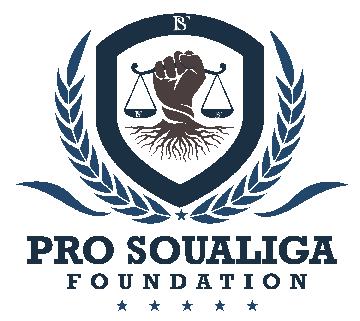 To: Honorable State Secretary Z. Szabo
To: Honorable State Secretary Z. Szabo
Minister of Digitalisation and Kingdom Relations
The Hague, Netherlands
Re: The Right of Self Determination, Your Excellency:
The Apex Court has ruled: Het folterverbod heeft een absoluut karakter: geen enkele uitzonderlijke omstandigheid, ongeacht of het gaat om een oorlogstoestand, een oorlogsdreiging, binnenlandse politieke onrust of welke andere openbare noodsituatie ook, kan worden aangevoerd als rechtvaardiging voor foltering (art. 2 lid 2 Verdrag tegen foltering). (ECLI:NL:PHR:2014:369, r.o. 2.2 ) Omdat het folterverbod volkenrechtelijk tot het ius cogens wordt gerekend, moet een verplichting van Nederland op grond van het uitleveringsverdrag met de V.S. wijken voor een verplichting van Nederland op grond van het folterverbod. (ECLI:NL:PHR:2014:369, r.o. 3.16) The Dutch Advisory Commission on Public International Law (CAVV) has declared that “Peremptory norms of international law protect the fundamental values of the international community. They are hierarchically superior to other rules of international law and are universally applicable. Examples of rules generally recognised as peremptory norms of international law are the prohibition of aggression, the prohibition of genocide and the right to self-determination.” Article 53 of the Vienna Convention on the Law of Treaties provides that: For the purposes of the present Convention, a peremptory norm of general international law is a norm accepted and recognized by the international community of States as a whole as a norm from which no derogation is permitted. While in the Written Statement of the Kingdom of the Netherlands to the International Court of Justice on February 27, 2018, the Kingdom posited: Those peremptory norms that are clearly accepted and recognized include the prohibitions of aggression, genocide, slavery, racial discrimination, crimes against humanity and torture, and the right to self-determination” (par. 3.9) The Kingdom clearly recognizes the right to self-determination and torture both as “peremptory” or “jus cogens” norms. Question: 1. Can the State Secretary confirm that the Netherlands has declared that the right to self-determination is a permanent, continuing, universal, and inalienable right with a peremptory character from which there is no deviation under international law and this applies to Aruba, Bonaire, Curacao, Saba, St. Eustatius, and St. Maarten? 2. Can the State Secretary confirm that the Netherlands has declared that the right of self-determination of the people of a colonial territory prevails over any claim by an Administering State and this applies to Aruba, Bonaire, Curacao, Saba, St. Eustatius, and St. Maarten? 3. Can the State Secretary confirm that the Netherlands has declared that the decisions on the political status and the economic, social, and cultural development are made by the people itself, or its legitimate representatives and not by others? 4. Can the State Secretary confirm that the Netherlands has declared that the decisions on the political status and the economic, social, and cultural development shall be made in full freedom without any outside pressure or interference and this applies to Aruba, Bonaire, Curacao, Saba, St. Maarten, St. Eustatius, and St. Maarten? 5. Can the State Secretary confirm that because the right to self-determination is a peremptory norm that it prevails over Articles 2, 44, 50, and 51 of the Kingdom Charter or Het Statuut? We would appreciate an answer within three weeks of the date of this letter. Sincerely, Mr. Renate L. Brison Secretary Pro Soualiga Foundation